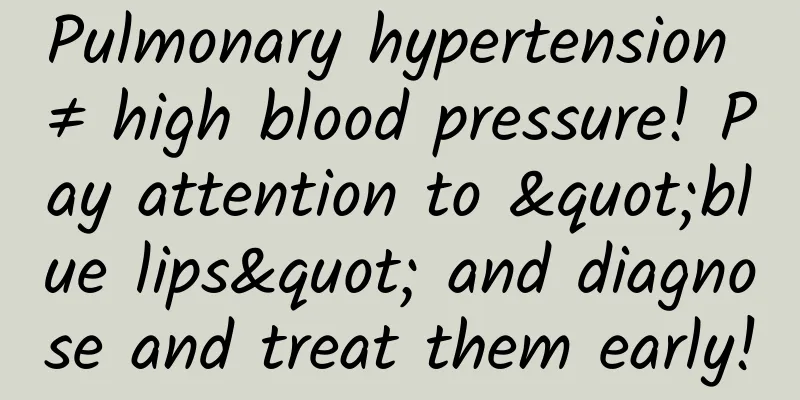Can I breastfeed if I have breast eczema?

|
Nowadays, it is advocated to breastfeed babies because there is no better food for babies. Breast milk can provide babies with comprehensive nutrition. However, many breastfeeding mothers will suffer from breast eczema. In this case, mothers begin to worry whether eczema will affect breast milk and whether the baby can drink it. Also, can you breastfeed your baby under such circumstances? Today let’s talk about whether you can breastfeed your baby if you have breast eczema? Eczema is the most common cause of breast itching and can occur in people of all ages. People with a history of allergies or a family history of the condition are more likely to develop breast eczema. Breast eczema is more common in women, especially during the lactation period. It often occurs on the nipple, areola and their surrounding areas, and often affects both sides at the same time. The rash is erythema, infiltration, erosion, exudation and crusting, sometimes accompanied by cracking. I feel severe itching and mild pain. First of all, breast eczema is only a skin problem. It does not affect the quality of breast milk without any problem with the mammary ducts and mammary gland tissue, so mothers should not worry too much. Secondly, if the eczema is not very serious, you can breastfeed your child. However, if you have eczema during breastfeeding, especially when your baby is breastfeeding, it is not conducive to the recovery of eczema, because breast milk and baby's saliva are also a kind of irritation to the breasts. Mothers just need to pay attention to hygiene, pay attention to the baby's oral hygiene, change underwear frequently and keep it dry. This will not affect the quality of the breast milk. So, in order to breastfeed your baby with confidence, it is important to stay away from breast eczema, so breastfeeding mothers should start with prevention. Prevention should start with paying attention to breast hygiene, bathing frequently or washing the nipples and areola with warm water, and avoiding scratching; avoid using soap and taking hot baths; also pay more attention to diet, avoid eating allergenic and irritating foods, such as fish, shrimp, alcohol, etc. Actively treat primary lesions in the body, such as endocrine dysfunction, digestive tract diseases, etc. In short, breast eczema can be prevented and treated. The key is early detection and early treatment, supplemented by healthy living and eating habits. It is not difficult to keep breast eczema away from female friends. Above we have discussed the question of whether you can breastfeed if you have breast eczema. In fact, it will not affect the milk. For breast eczema, prevention is better than treatment, because after all, it is a special period of breastfeeding. Therefore, mothers must pay attention to personal hygiene and breast hygiene, pay attention to daily diet, do not eat irritating or allergic foods, and be a qualified and good mother. |
<<: Breast pain and nipple itching
>>: How to prevent itchy nipples
Recommend
Can pregnant women use moxa sticks?
Fumigation with moxa sticks is a common way of he...
B How much human chorionic gonadotropin is needed for pregnancy
Generally, if women want to know whether they are...
Is it good to eat black beans if the follicles are not developing well?
The ovarian follicle is a very important part of ...
What are the signs before a normal birth?
I believe everyone is familiar with secretion. Th...
Lupus erythematosus healed after giving birth
In real life, lupus is a very common skin disease...
Causes of pimples on the vulva
Women's physical health is very important. Fo...
Is it normal to discharge clear jelly during ovulation?
Ovulation day is a period that every woman of chi...
When can the dragon bone flower be propagated by cuttings? How can the dragon bone be propagated by cuttings to make it survive easily?
Dragon bone flowers are quite common in life. Bec...
What should pregnant women pay attention to when prolactin is high
Prolactin is a hormone secreted during pregnancy....
How many days can a girl's period be delayed at most?
Many girls will experience delayed or early menst...
What is the reason for my stomach jumping at 32 weeks of pregnancy?
We all know that when a pregnant woman reaches 32...
What to do with left adnexal cysts? Summary of cyst treatment methods
Adnexal cyst is a common gynecological disease in...
Is it okay for women not to wear underwear?
Nowadays, underwear has become a necessity in wom...
Menstruation returns after two years of menopause
For women, they will experience menstruation. At ...
Can eating protein powder help grow follicles?
The human body often lacks many substances, the m...









